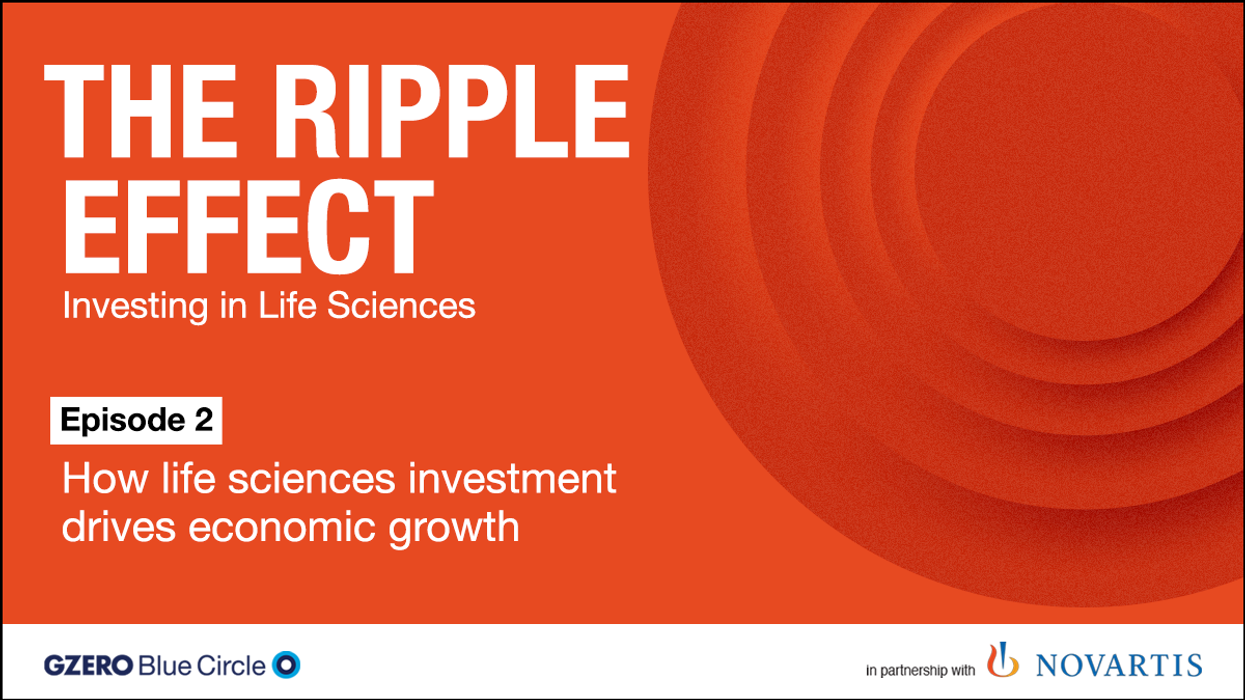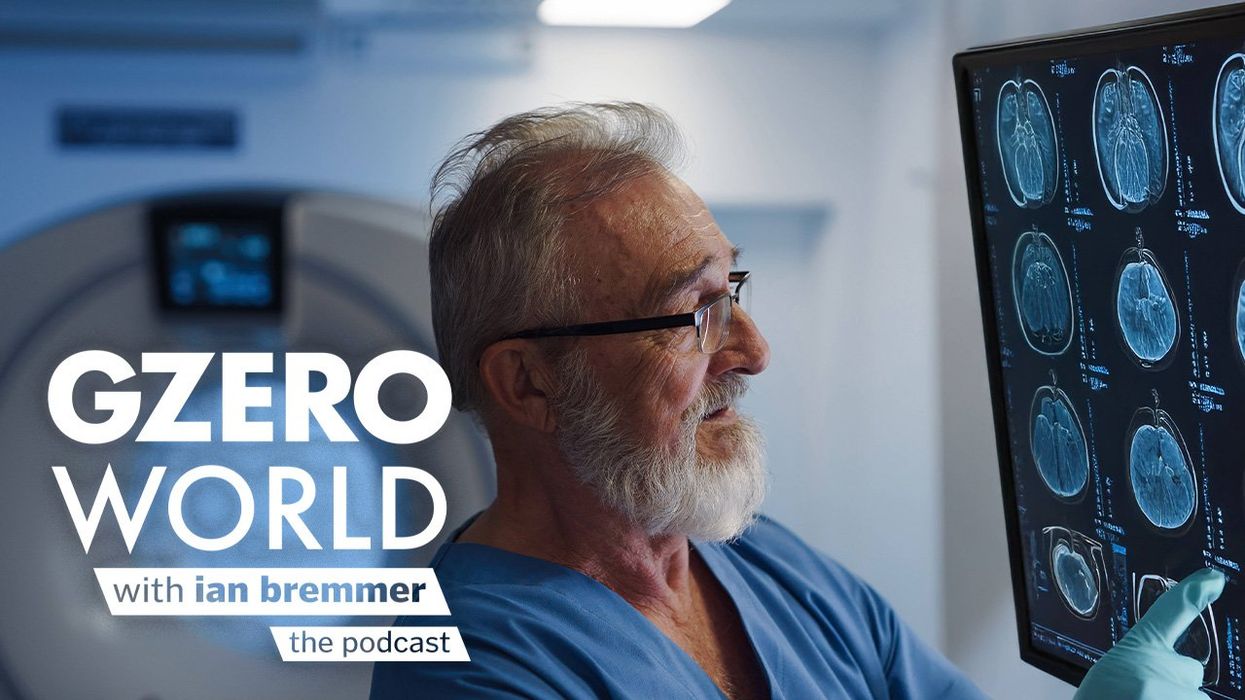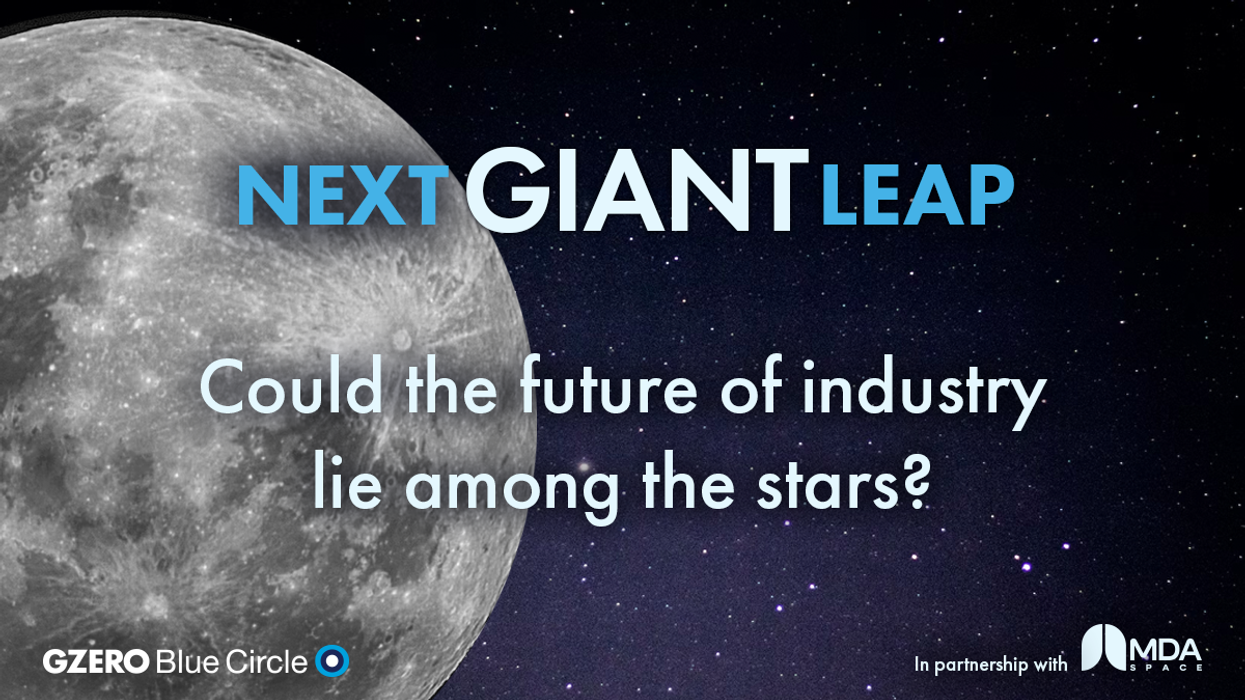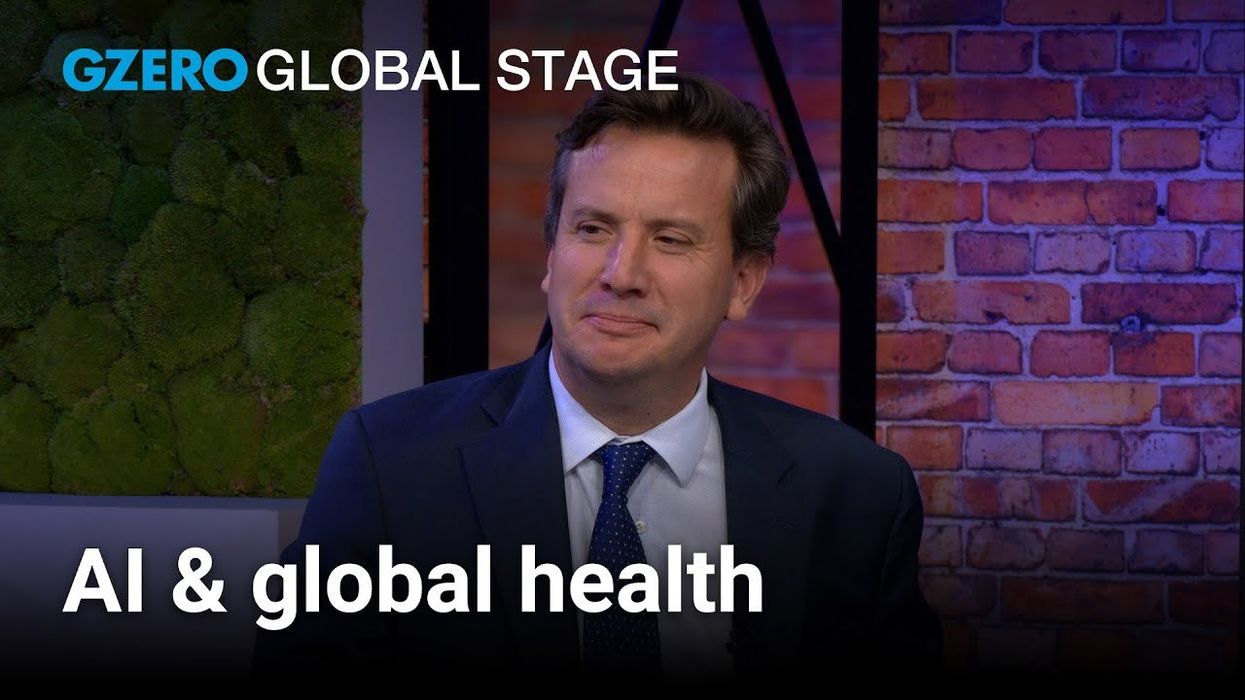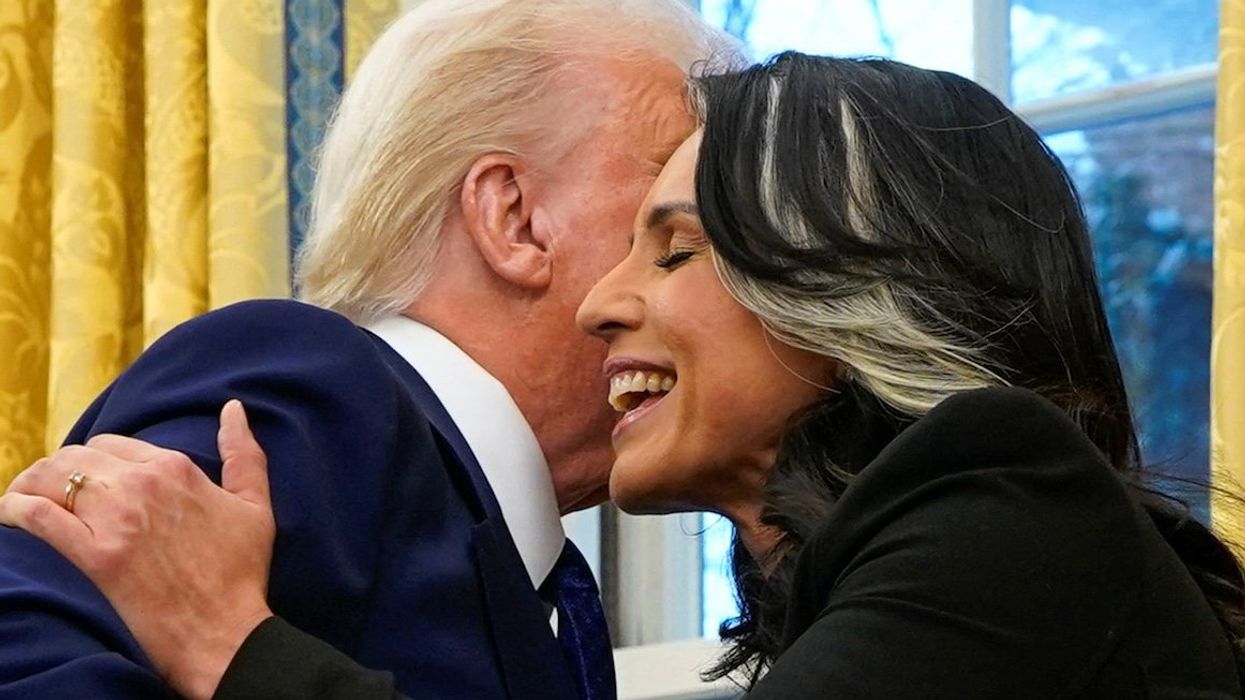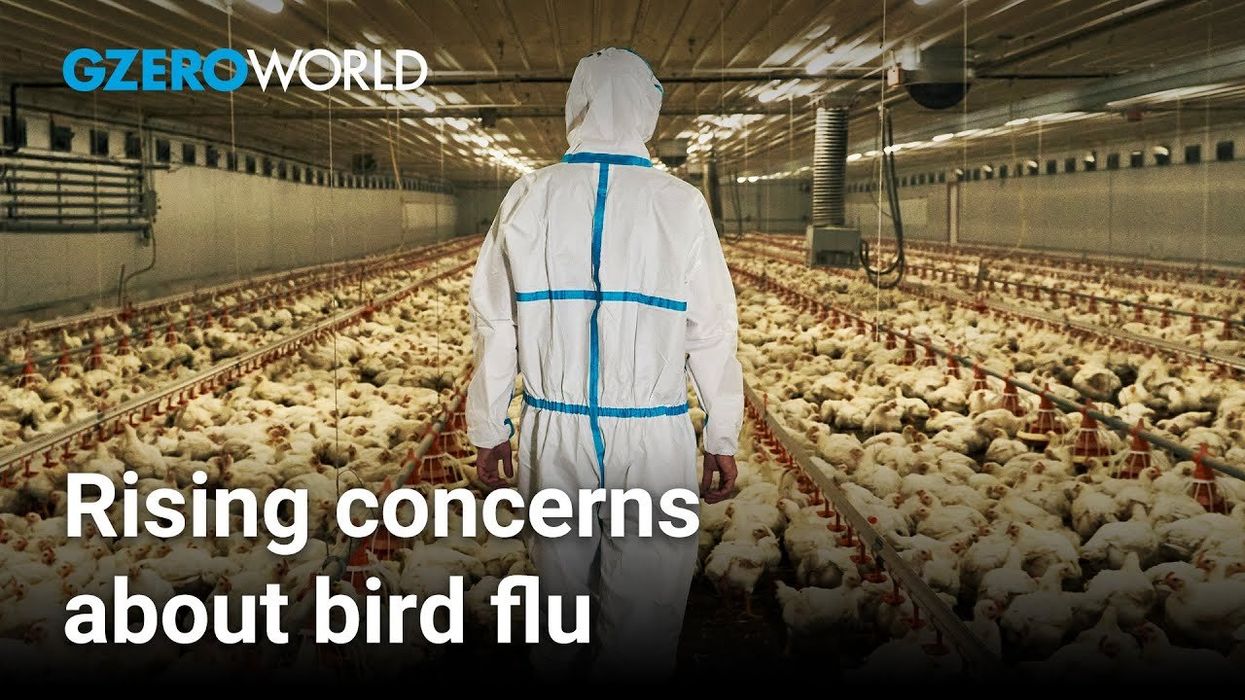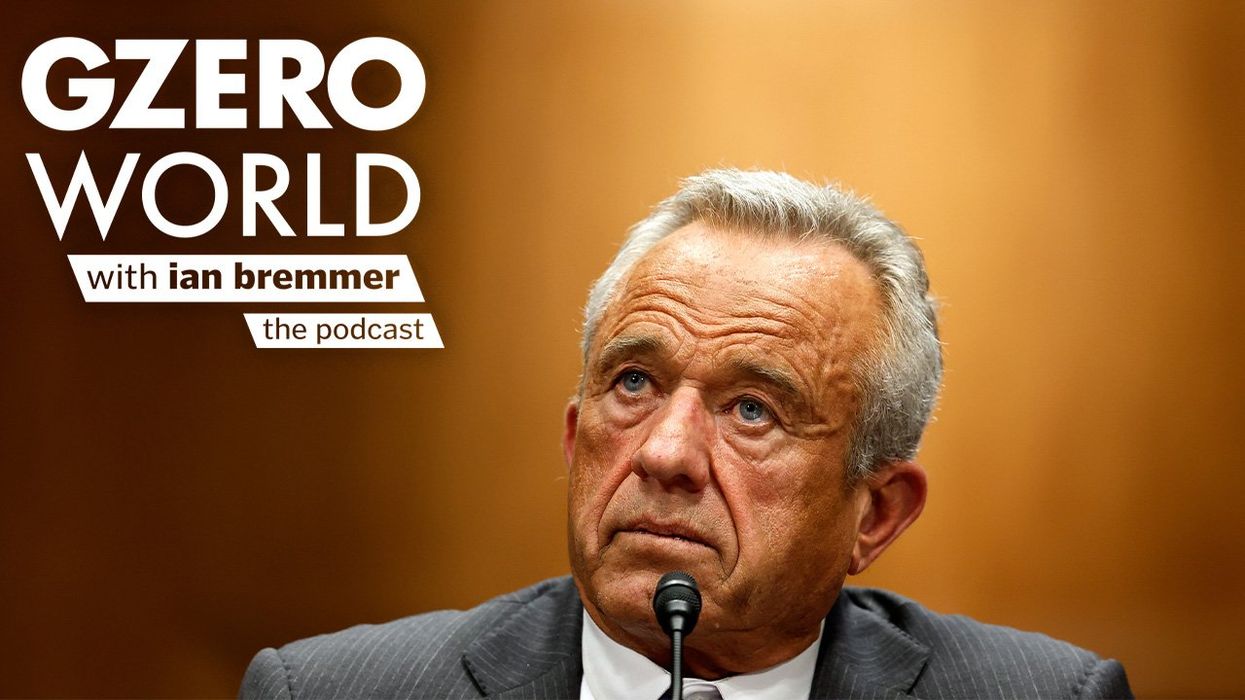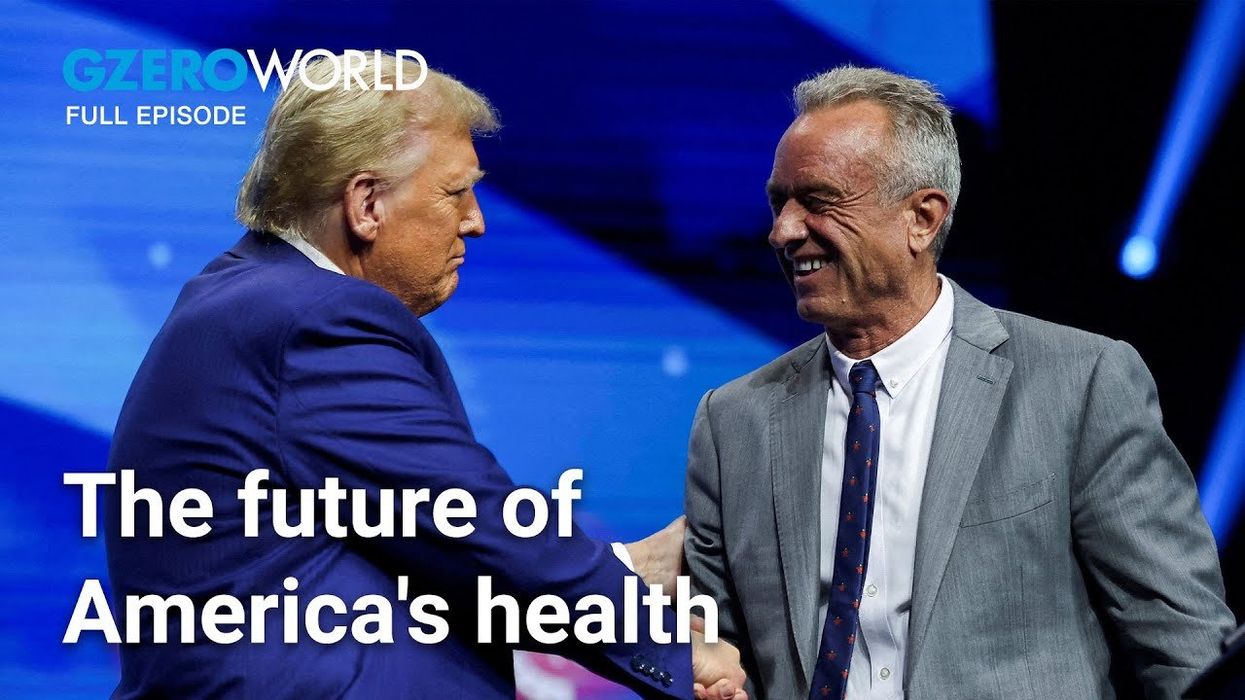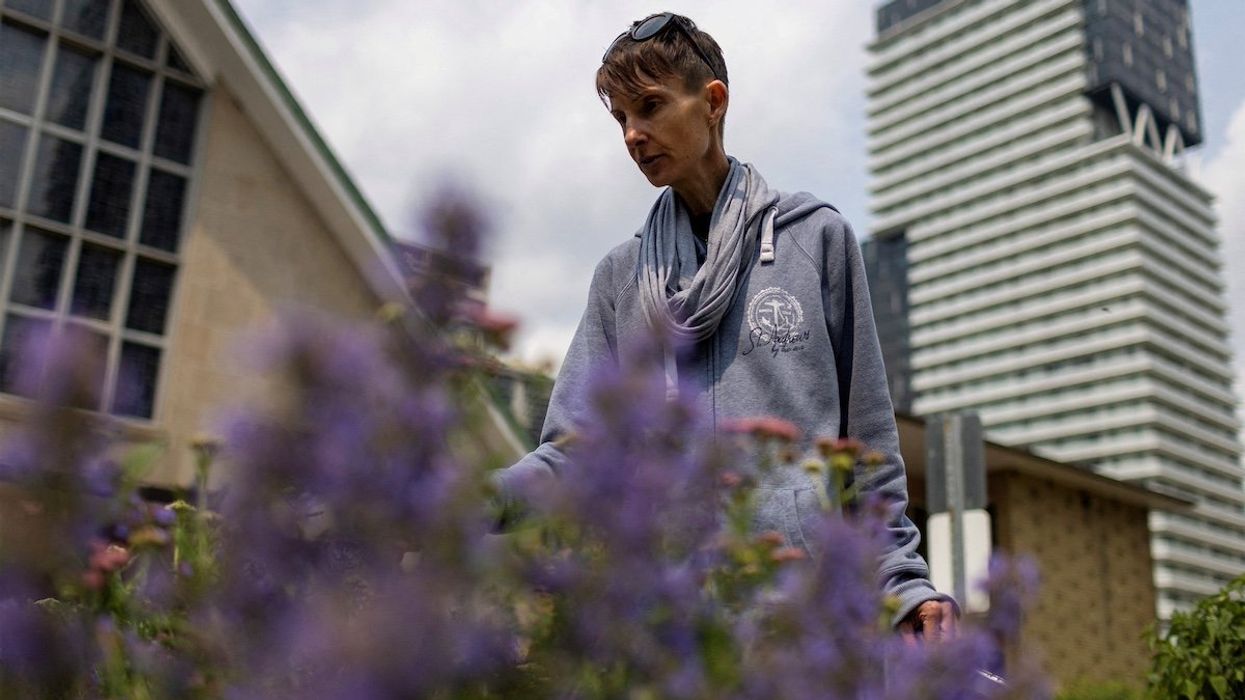The Ripple Effect: Investing in Life Sciences
How life sciences investment drives economic growth
In this episode of The Ripple Effect: Investing in Life Sciences, host Dan Riskin speaks with Patrick Horber, President of Novartis International, and David Gluckman, Vice Chairman of Investment Banking and Global Head of Healthcare at Lazard. Together, they break down the outsized economic impact of life science innovation, from trillions in US bioscience output to China’s meteoric rise as a global R&D hub.
Oct 14, 2025
